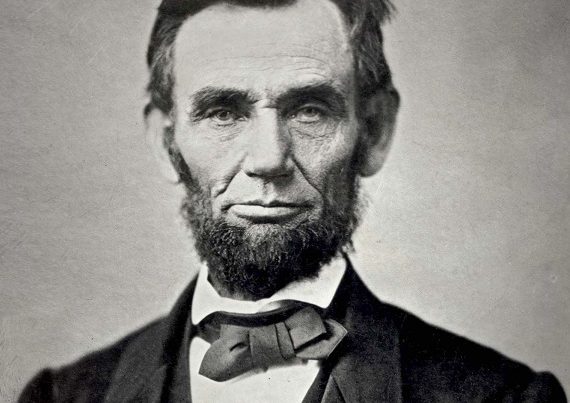Thomas Jefferson did not share fully his religious views with anyone, though one can tease out them from various writings to intimate friends. As I have shown in The Surprisingly Simple Religious Views of Thomas Jefferson, his religion was naturalized and equivalent to the most basic ethical precepts: (1) Love and adore God and (2) love others. He was not a friend of sectarian religions, though he did befriend numerous religious clerics, he did donate money to several religious institutions, and he sometimes attended religious services of various denominations because “in all of them we see good men, and as many in one as another” (TJ to James Fishback, 27 Sept. 1809). He too collected and read sermons by, for instance, Revs. Bourdaloue, Massillon, and Sterne. Those things were not evidence of hypocrisy. He instead found some religious clerics to be virtuous persons, despite their metaphysical baggage: the groundless principles they entertained beyond love of God and love of others.
Jefferson thought of moral understanding as a matter of feeling or sensing, not reasoning. We are born with a feeling for what is right and what is wrong. We need no rational instruction—no collection of reason-grounded principles or list of commandments—concerning our moral duties. Yet Jefferson on three occasions, in his final two years of life, did offer his granddaughter Cornelia Randolph (exact date unknown) and two namesakes—Thomas Jefferson Grotian (10 Jan. 1824) and Thomas Jefferson Smith (21 Feb. 1825).
He writes to the last:
This letter will, to you, be as one from the dead. The writer will be in the grave before you can weigh its counsels. Your affectionate and excellent father has requested that I would address to you something which might possibly [sic] have a favorable influence on the course of life you have to run, and I too, as a namesake, feel an interest in that course. Few words will be necessary, with good dispositions on your part.
Adore God. Reverence and cherish your parents. Love your neighbor as yourself, and your country more than yourself. Be just. Be true. Murmur not at the ways of Providence. So shall the life into which you have entered, be the portal to one of eternal and ineffable bliss. And if to the dead it is permitted to care for the things of this world, every action of your life will be under my regard. Farewell!
Jefferson then offers what he titles “A Decalogue of Canons for Observation in Practical Life”:
- Never put off till to-morrow what you can do to-day.
- Never trouble another for what you can do yourself.
- Never spend your money before you have it.
- Never buy what you do not want, because it is cheap; it will be dear to you.
- Pride costs us more than hunger, thirst and cold.
- We never repent of having eaten too little.
- Nothing is troublesome that we do willingly.
- How much pain have cost us the evils which have never happened.
- Take things always by their smooth handle.
- When angry, count ten, before you speak; if very angry, an hundred.
To granddaughter Cornelia, he adds to more precepts:
- Take care of your cents: Dollars will take care of themselves.
- Think as you please, and so let others, and you will have no disputes.
(I offer discussion of those principles, essentially Stoical, in the accompanying video.)
What is the rationale for offering precepts for living well if we are literally born knowing right from wrong? That seems like offering a youngster instructions on how to see, when she is born with eyes, normal-functioning.
Life gets in the way, and so precepts are hortatory, not instructive. Each day, there are numerous discouragements—e.g., peer pressure or rationalizations to act selfishly—to acting as we ought to act as agents with a moral sense. I offer an illustration from my days as a bumbling professor. A student from my Ethics course congratulated me for helping him to see that something he observed nearly every day was morally abhorrent: Bullies at a certain time each day, or nearly so, would hassle a worker in the cafeteria, who was mentally sluggish. (Is that epithet politically correct??? I do so dearly ever wish to be politically correct!!!) “Now I see that what they do each day is wrong,” he said. “What did you do?” I replied. “Well—nothing! Was I supposed to do something?” Hmm….
Thomas Jefferson ever noted that each person is to be adjudged by his deeds more than by his thoughts or his utterances (e.g., TJ to James Steptoe, 26 Nov. 1782). He also thought that the verdict of posterity on his life would be favorable, given his lifelong largesse and commitment Christian democracy: giving as much to the wellbeing of others and to the wellbeing of the state as is possible without expectation of an equal return. His lifelong commitment to public service, to the detriment of his personal affairs, is evidence sufficient.






